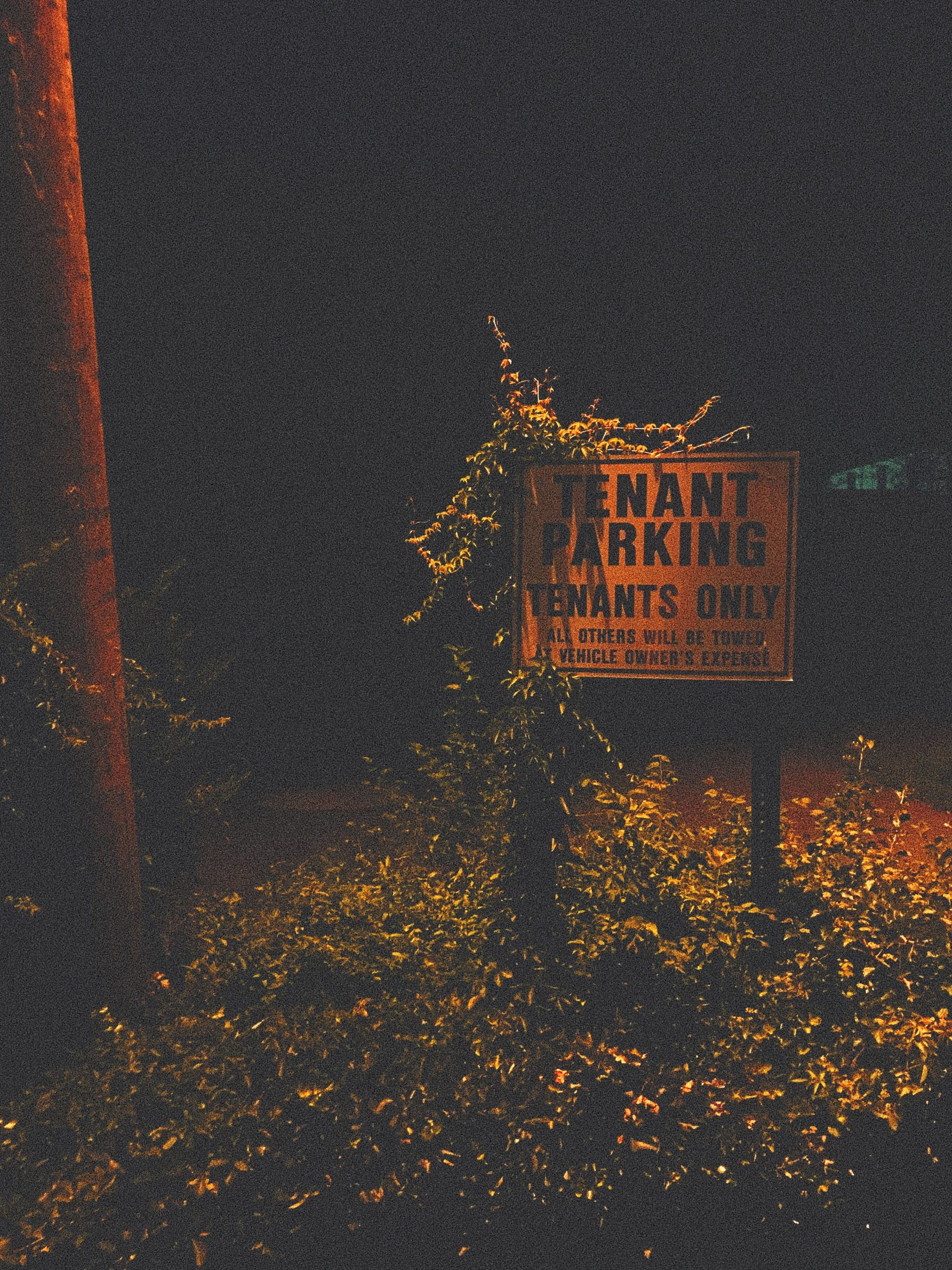Are you a landlord facing the challenging situation of tenant default? Dealing with tenant default can be a daunting experience for landlords, causing financial stress and legal complications. In this article, we will explore the legal remedies available to landlords and the implications they may have. From understanding eviction processes to navigating lease agreements, we will provide a comprehensive guide to help you protect your rights and make informed decisions. When it comes to tenant default, legal expertise is crucial, and commercial real estate lawyer Jeremy Eveland is here to provide the guidance you need.
Understanding Tenant Default
Tenant default refers to a situation where a tenant fails to fulfill their obligations as stated in the lease agreement. This can include non-payment of rent, breaching lease terms, or even abandoning the premises. As a landlord, it is crucial to understand the implications of tenant default and the legal rights and remedies available to you in such circumstances. By being aware of these aspects, you can effectively navigate the challenges that may arise and protect your interests.

1. Definition of Tenant Default
Tenant default can manifest in various forms, each with its own set of consequences. The most common types of tenant default include non-payment of rent, breach of lease terms, and abandonment of the premises.
1.1 Non-payment of Rent
One of the most prevalent forms of tenant default is when a tenant fails to pay rent on time or refuses to pay altogether. This can have significant financial implications for landlords and may lead to a strain on cash flow and potential difficulties in meeting financial obligations related to the property.
1.2 Breach of Lease Terms
In some cases, tenants may violate the terms and conditions detailed in the lease agreement. This can include causing damage to the property, allowing illegal activities on the premises, or subletting without proper permission. These breaches of the lease terms can pose threats to the property’s reputation and create challenges for landlords in maintaining a safe and desirable environment for future tenants.
1.3 Abandonment of Premises
Tenant abandonment occurs when a tenant vacates the property without giving proper notice or justification. This can leave landlords with unexpected vacancies and potentially unpaid rent. Additionally, abandoned properties may require immediate attention to secure and maintain them, further adding to the landlord’s responsibilities and expenses.
2. Legal Rights and Remedies for Landlords
When faced with tenant default, landlords have a range of rights and legal remedies available to them. It is crucial to understand these options to protect your interests and mitigate the impact of tenant default.
2.1 Eviction Process
If a tenant fails to pay rent or breaches the lease terms, landlords can initiate the eviction process. This typically involves providing notice to the tenant, filing for eviction with the appropriate court, and engaging in court proceedings if necessary. The ultimate goal of the eviction process is to regain possession of the premises and potentially recover any unpaid rent or damages incurred.
2.2 Termination of Lease Agreement
In cases where a tenant’s default is severe or irreparable, landlords may choose to terminate the lease agreement altogether. Depending on the specific circumstances, grounds for termination can vary. Proper notice must be provided to the tenant, outlining the reasons for termination and the required timeframe for vacating the premises. In some cases, a mutually agreed-upon termination agreement may be reached between the landlord and tenant.
2.3 Recovering Unpaid Rent and Damages
Landlords have the right to pursue legal action to recover unpaid rent and damages resulting from tenant default. This may involve filing a lawsuit against the tenant and seeking compensation for financial losses incurred. It is important to gather documentation, such as proof of missed payments or evidence of property damage, to support your case.
2.4 Enforcing Personal Guarantee
In situations where the tenant has provided a personal guarantee, landlords can enforce this guarantee to recover losses resulting from tenant default. A personal guarantee is a contractual agreement that holds an individual accountable for the tenant’s obligations, such as paying rent or covering damages. By enforcing a personal guarantee, landlords can seek compensation directly from the guarantor if the tenant fails to meet their responsibilities.
2.5 Right to Repossess the Premises
In cases of tenant default, landlords may have the right to repossess the premises. This can occur through eviction proceedings or by obtaining a writ of possession, which grants the landlord legal authority to reclaim the property. By regaining control of the premises, landlords can mitigate further losses and begin the process of finding a new tenant.

3. Implications of Tenant Default for Landlords
Tenant default can have significant implications for landlords, affecting both their financial well-being and the reputation of the property. Understanding these implications is crucial in developing strategies to minimize the impact and protect your interests.
3.1 Financial Consequences
Non-payment of rent, property damage, and legal fees associated with tenant default can result in substantial financial losses for landlords. The loss of rental income can affect cash flow and hinder the ability to meet mortgage payments, property taxes, and other financial obligations. It is essential to promptly address tenant default to minimize the long-term financial impact.
3.2 Impact on Property’s Reputation
Tenant default, especially when accompanied by breaches of lease terms or illegal activities, can tarnish the reputation of a property. This can make it challenging to attract new tenants and may lead to prolonged vacancies if potential renters are discouraged by the property’s negative image. Maintaining a favorable reputation is crucial for landlords to ensure the continued success and profitability of their investment.
3.3 Loss of Potential Tenants
Tenant default may result in the loss of potential tenants, particularly if the property’s reputation suffers as a consequence. Prospective renters may be hesitant to lease a property with a history of tenant default, compromising the landlord’s ability to maintain full occupancy and maximize rental income. Taking proactive measures to address tenant default promptly can help mitigate the loss of potential tenants.
3.4 Time and Resources Required for Legal Proceedings
Dealing with tenant default often involves legal proceedings, which can be time-consuming and resource-intensive. Lengthy court processes, extensive paperwork, and the need to gather evidence all require significant time and effort. Additionally, landlords may face legal fees and expenses associated with seeking legal remedies. Properly managing these aspects is crucial to minimize the disruption and cost of dealing with tenant default.
In conclusion, understanding tenant default and the legal rights and remedies available to landlords is essential for effectively navigating challenging situations. By having a comprehensive knowledge of tenant default, landlords can protect their interests, mitigate financial losses, and ensure the continued success of their investment properties.


